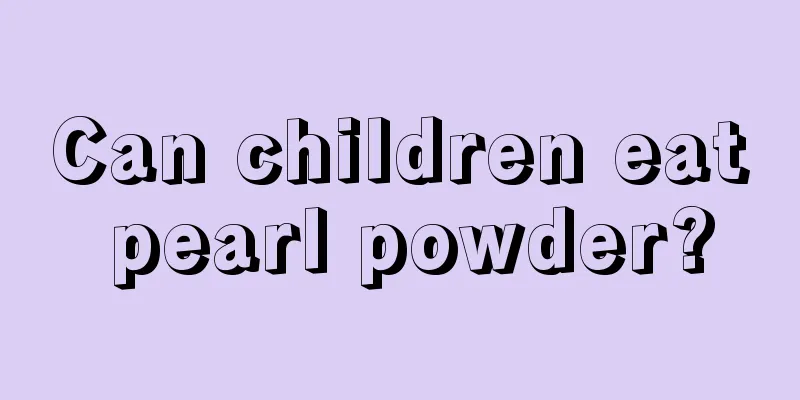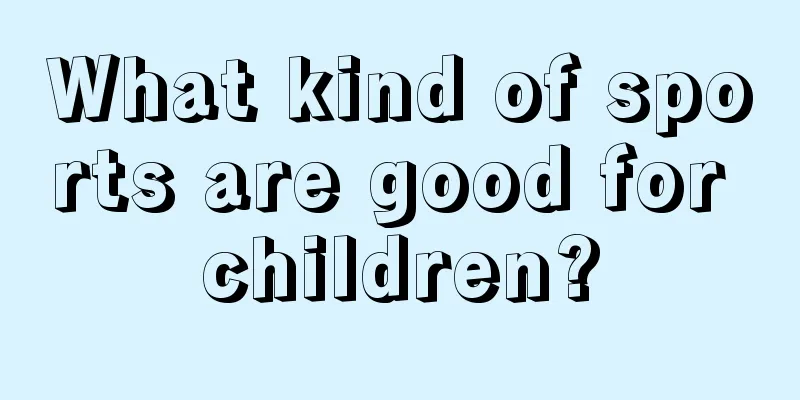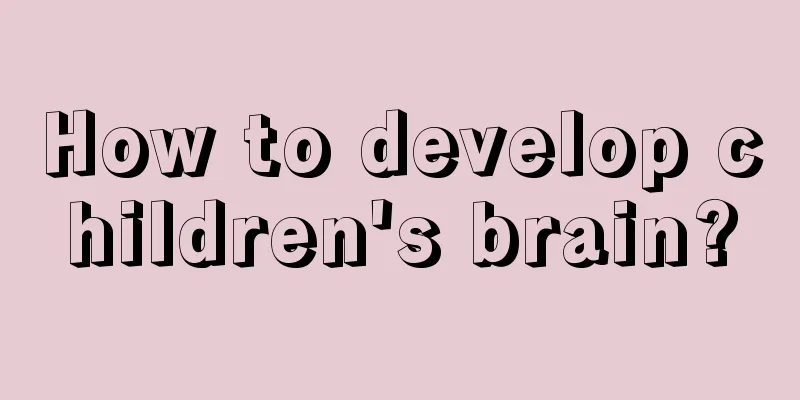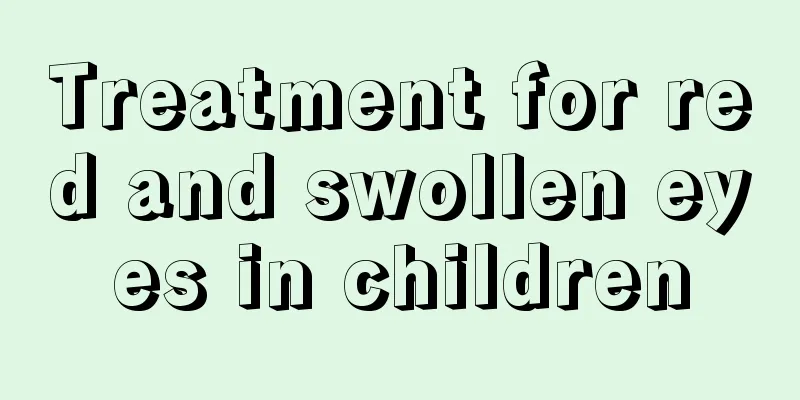Family rehabilitation training methods for cerebral palsy
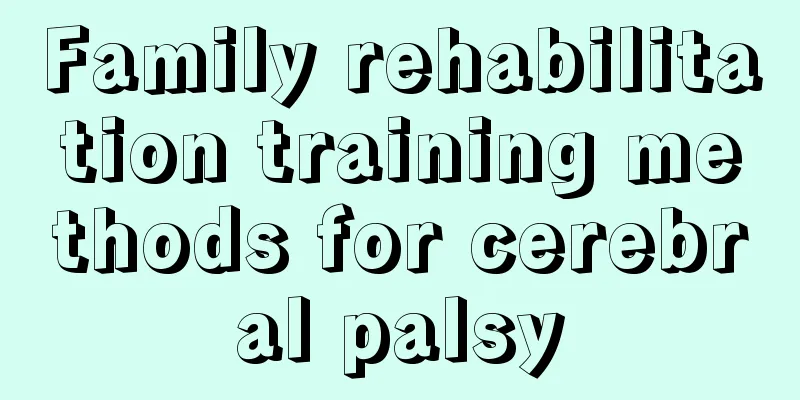
|
Cerebral palsy is a very common disease nowadays. The incidence of this disease among children is very high. To improve cerebral palsy, drugs and surgery are good choices. However, this disease is relatively complicated and the treatment takes a long time. Therefore, when treating cerebral palsy, family members must be patient, otherwise it will affect the patient's disease control. So what are the methods of family rehabilitation training for cerebral palsy? Family rehabilitation training methods for cerebral palsy: 1. Home rehabilitation training for children with cerebral palsy includes head control training: Learning to lift the head during the developmental period of infants and young children is the main prerequisite for learning other activities. During training, you can support the child's head on both sides so that the head can be stably maintained in an upright central position. When the head is accustomed to maintaining the correct posture for most of the sitting time, the child's trunk can be tilted forward and sideways to help him learn to control his head and keep it stable. 2. Home rehabilitation training for children with cerebral palsy includes functional training of the trunk and lower limbs: turning over, sitting, crawling, standing and walking are various stages of normal motor development of infants and young children. Learning and mastering these basic movements can gradually be transformed into complex functional movements in daily life. When training the child to turn over, first ask the child to relax his whole body, use the hips as a fulcrum, help lift one side of the limbs off the bed, and turn from one side to the other. 3. Home rehabilitation training for children with cerebral palsy includes functional training of the upper limbs and hands: it is best to do it in a stable posture, focusing on correcting the spastic pattern of the upper limbs of children with cerebral palsy. You can grasp the outside of the child's elbow with one hand and hold the child's hand with the other hand to lift and abduct his arm. Externally rotate your shoulders and straighten your elbows, with your palms facing up. Encourage the child to bring his hands to his chest, play with his fingers, and grasp toys of various shapes and colors. 4. Family rehabilitation training for children with cerebral palsy includes language training: start teaching with easier sounds, the trainee's mouth shape should be large, the volume should be loud, and there should be expressions and movements. Gradually teach the child to say his own name and the names of his family members. To arouse the interest of children, use card drawings to let them learn by looking at pictures. Or you can play games with the child and teach him/her to speak in an entertaining way. After understanding the family rehabilitation training methods for cerebral palsy, patients should undergo these trainings during disease treatment, which will be of great help in alleviating the disease. However, during the treatment of cerebral palsy, family members should also provide comprehensive care for the patients, and arrange their diet and daily routine reasonably to facilitate the improvement of their disease. |
<<: Rehabilitation training methods for children with cerebral palsy
>>: Rehabilitation training methods for children with cerebral palsy
Recommend
What should I do if my child's throat is always inflamed?
If your child always has a sore throat, you shoul...
Is it easy for babies to digest steamed bread?
Some parents will consider the baby's digesti...
What are the recipes for a three-month-old baby in a week?
When taking care of a baby at one week old or thr...
What's wrong with my child's stomachache?
In today's fast-paced life, everyone has some...
What to do if your two-year-old baby has O-shaped legs
It is a common phenomenon for two-year-old babies...
What to do if a 3-year-old child doesn't like to eat?
After the child starts eating, he usually doesn&#...
Umbilical cord bleeding
Under normal circumstances, the baby's umbili...
What should a seven-year-old child eat if he has bad breath?
Bad breath can happen to anyone, even a seven-yea...
Symptoms of pneumonia in a two-month-old baby
Nowadays, many two-month-old babies are prone to ...
How to relieve cough, phlegm and asthma in children?
Most families now have only one baby. Whenever th...
The top 6 behaviors that children dislike their parents
It is a sad thing that due to the lack or inappro...
Oral liquid to increase children's immunity
Children are in the early stages of development a...
What to do if children have itchy genitals
Gynecological diseases are not only suffered by o...
What's wrong with my child's red eyes?
When the eyes turn red, the first reaction is tha...
Treatment for dry and cracked skin on the legs
Maybe we all don’t know much about the problem of...

